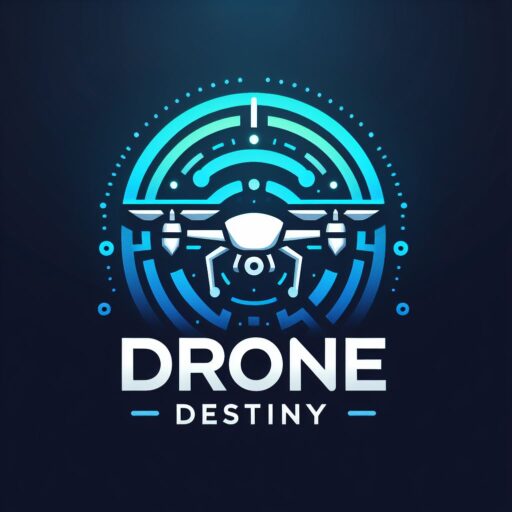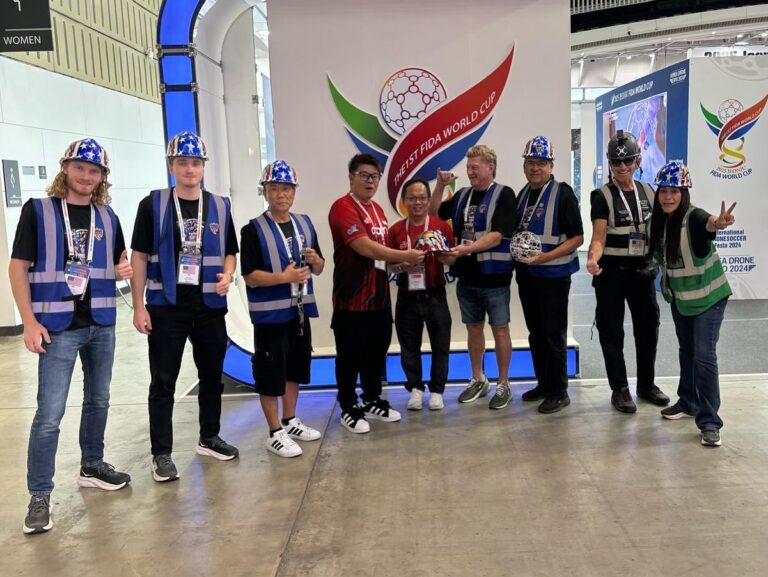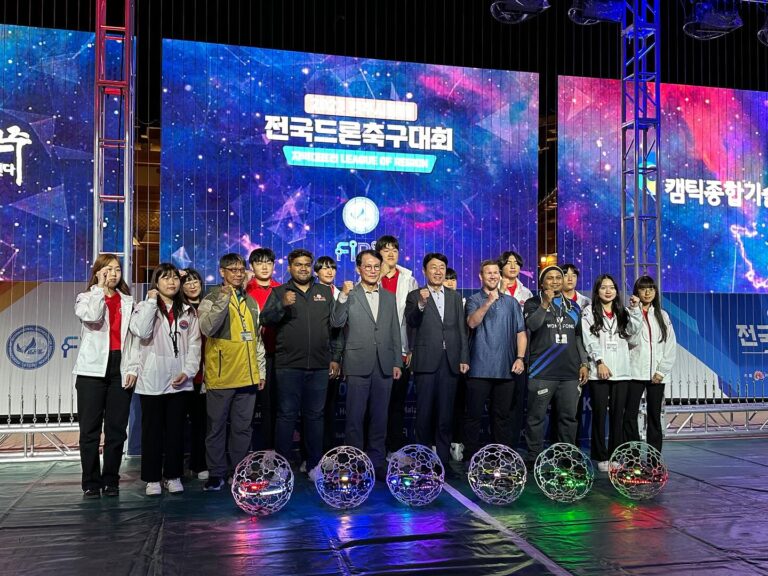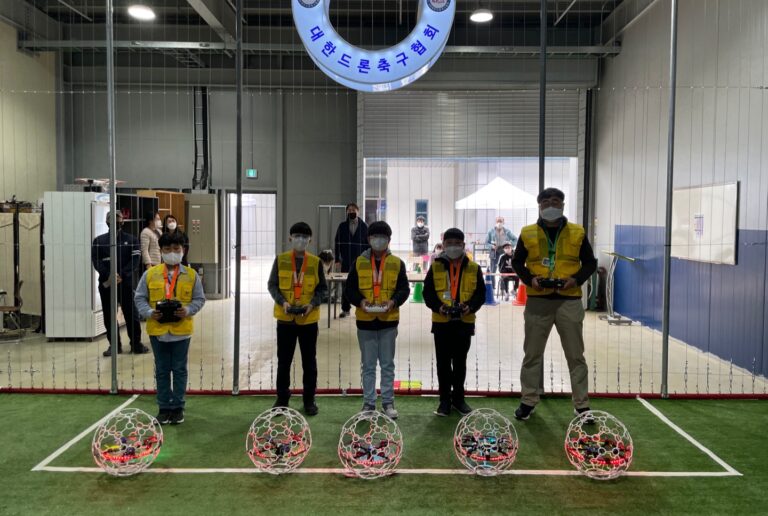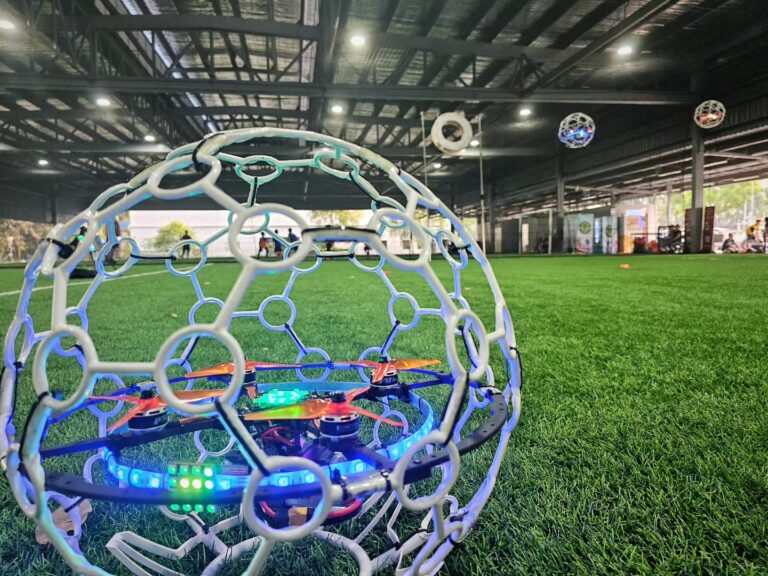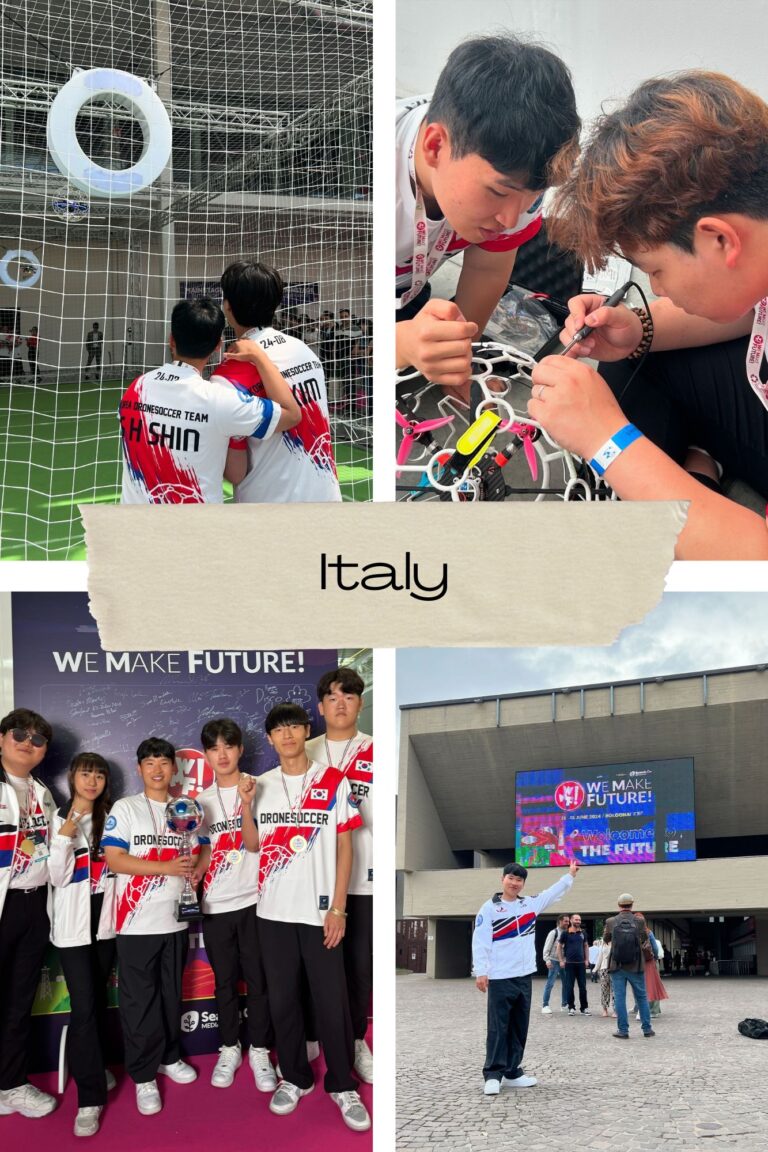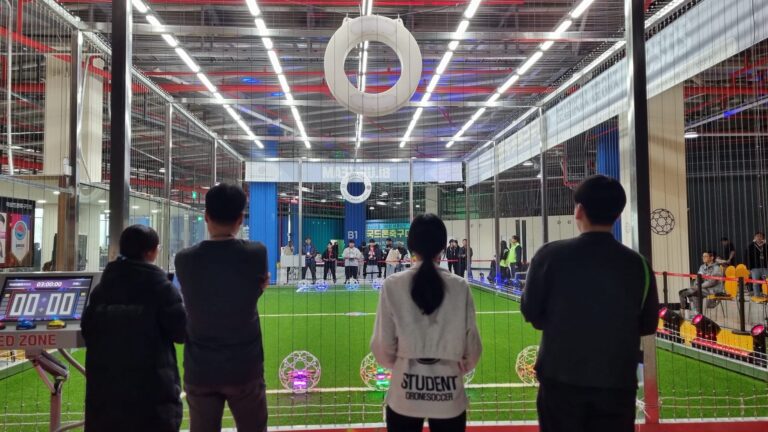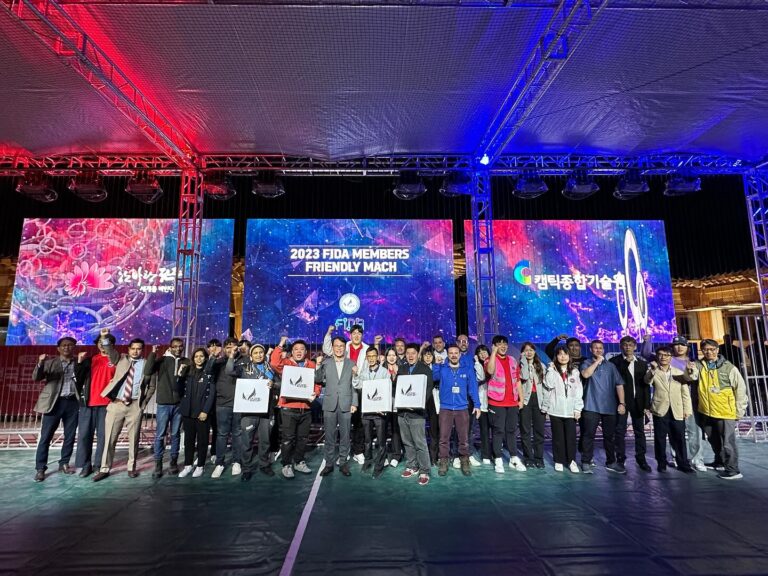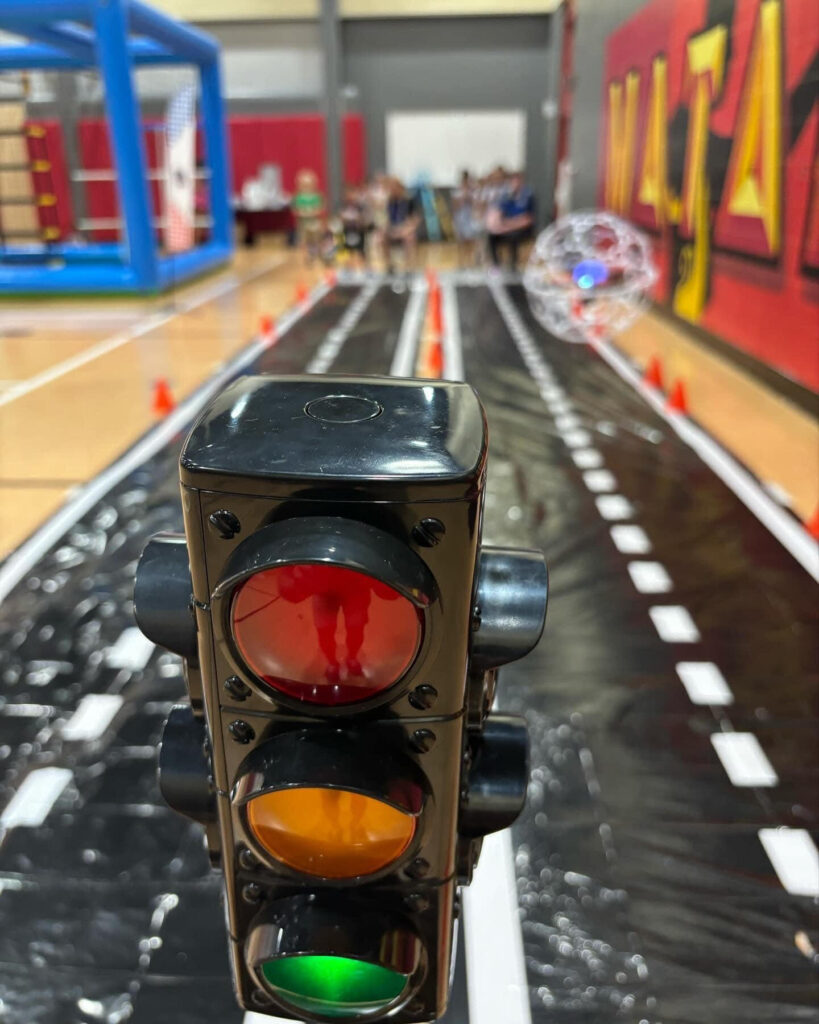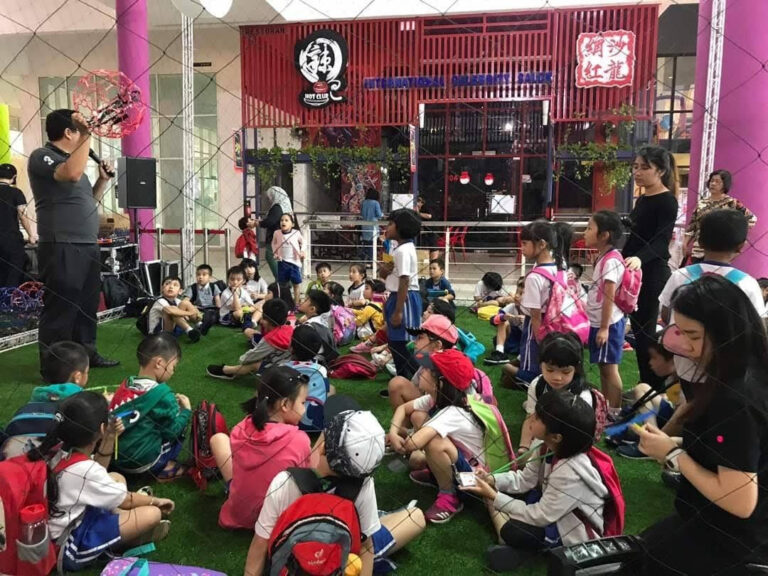
Introduction
The faint whirr of a Drone soccer wafts through the air as a 15-year-old boy by the name of Zachary “Zach” Thompson’s eyes light up in focus. His fingers deftly navigate the controller, directing the small aircraft through a series of elaborate maneuvers. For Zach, this moment means so much more than a game for Zach — it is freedom, it is purpose, it is a defense of the spirit that was all but grounded out of him by circumstances.
Editor’s Note: In deference to Zach’s privacy and as best practices for protecting minors, this article does not contain any photos of Zach. His story speaks for itself and we feel it’s best to be true to myself and young people in general, while also prioritizing the privacy and safety of those young people in the public eye.
The Day Everything Changed
Two years earlier and you’d find a much different Zach. A soccer-loving 13-year-old boy, Zach lived most of his life at school, on the soccer field, or bothered by the immaturity of middle school-age boys. But in the snap of a finger on an autumn morning in Austin, Texas, everything shifted.
“I remember the screeching tires,” Zach says softly. “Then… nothing.” A car accident left Zach paralyzed from the waist down, throwing him and his family into a new reality they were completely unprepared for.
The months after that were a blur of hospitals, rehabilitation centers and a grueling process of adjusting to life in a wheelchair. For Zach’s parents, Sarah and Mike Thompson, it was heart-wrenching to watch their once-bubbly son retreat into himself.
“It was like they turned off the lights in his eyes.” Sarah’s voice catches. “We did everything — therapy, support groups, a service dog. But Zach just felt — lost.”
A Flicker of Hope
But as weeks turned into months, Zach’s world appeared to collapse. Depression enveloped him like a thick blanket, muffling the colors of the world. On one of those gray, listless days, though, fate stepped in, in the form of a social media algorithm.
“I was just scrolling through my feed without thinking,” Zach recalls, a smile flickering in his mouth. “This video appears and all of a sudden, people are zooming through this giant cage, controlling what seemed like glowing drones. “It was like watching a science fiction movie of the soccer I used to play.”
A Drone soccer match brought Zach the spark of curiosity in that video. For the first time in months he felt a flapping excitement. “I just couldn’t get it out of my mind. Could I do that? Could I play a sport again?”
Taking Flight with FIDA USA
Zach’s newfound zeal didn’t escape the notice of his parents. Sarah spent hours researching Drone soccer and finally happened across the Federation of International Drone Association (FIDA). This first question triggered a series of events that would change Zach’s life.
Moved by Zach’s story, FIDA Korea put the family in touch with FIDA USA. Before long, Zach was speaking with Mr. Tim Johnson, the director of FIDA USA. “I’ll never forget that first call with Zach,” Mr. Johnson said. “This kid, barely 15, talking with such passion about a sport he hadn’t even played before. I knew right there and then that this was something we needed to make happen.’
FIDA USA didn’t only open the door for Zach, they rolled out the carpet. From basic drone controls all the way to advanced soccer strategies, the organization offered extensive training. They took Zach to boot camps in the area, where he trained with other enthusiasts.
For Zach, the first few training sessions were rewarding and agonizing at the same time. “I was horrible, man,” he laughs, shaking his head. “I kept crashing the drone. But you know what? It didn’t matter. For the first time since the accident, I was not focusing on that which I could not do. I was just too busy trying to figure out what I could do.”
More Than Just a Game
Drone soccer turned out to be more than a hobby for Zach — it became a lifeline. The sport’s unique attributes made it a natural fit for players of different physical abilities:
Levelling the Playing Field: Drone soccer enables people who may have physical constraints or limitations, particularly in the arms or legs, to play as all players are remote-controlled. It’s all about skill, strategy and mental acuity.
Cognitive Challenge: The sport is mentally demanding, necessitating quick thinking, spatial awareness, and tactical planning.
Community Building: Zach discovered a new social network through Drone soccer – a network that valued him for his capabilities, not his disability.
Zach’s coach, Mike Hernandez, said he has been amazed at the young man’s progress. “When Zach first came on, he was so green,” Mike said. “Now? He’s a player who stands out among our players. His drone management in tandem with his high level of strategic thinking is actually off the charts. But more importantly, he has stepped up as a leader. The other players respect him.”]
A Family Transformed
Drone soccer had an impact on more than just Zach. For the Thompson family, it was a turning point in their journey of healing and adaptation. PULL QUOTE 1 Before the pandemic, Thompson’s mother needed help getting out of bed and getting food.
“To see Zach smile again… I can’t describe what that means,” says Mike Thompson, his voice thick with emotion. “This sport has not only given him a hobby. It’s restored his sense of self.”
Sarah nods in agreement. “It’s like we’ve got our boy back. Actually, no — we received an even better form of him. Zach’s grit, his drive… Zach is inspiring.”
Looking to the Future
As Zach became more skilled in Drone soccer, so did his company for the future. Something once unsure of what his life after high school looked like, he’s found a world of possibilities:
Future ambitions: “I do want to coach someday,” Zach says. “Especially kids who feel sports aren’t for them because of a disability. I want to show them what can be done.”
Tech Interests: His experience with flying drones has led to an interest in technology and engineering. “I’m considering going to college for robotics,” he says, beaming. “Who knows? Or I can design the next generation of sports drones.”
– Advocacy: Zach has become an advocate for adaptive sports. “The bottom line is everybody deserves a shot, everybody deserves a chance to compete,” he says. “I want to be a part of making that so.”
FIDA and the Path to Inclusion
This journey of Zach’s not only greatly impact his life, but also reenergizes the belief of FIDA in spreading the availability of Drone soccer to everyone. The agency is now working on a few things like adaptive tournaments, school programs, and partnerships with tech companies to develop more adaptive drone controllers.
“Zach’s story is exactly why we do what we do,” Mr. Johnson of FIDA USA said. “It’s not about the sport alone. It’s about allowing people to rewrite what’s feasible when it comes to themselves.”
A Message of Hope
For Zach, Drone soccer is a journey of rediscovery. “There was a point where I thought my life was done,” he confides. “Now I realize it was just starting in a different way. In drone soccer, I learned there are always new ways to pursue our dreams. You just need to be open to them.”
To other kids who are struggling with similar issues, Zach has this advice: “Don’t let anyone tell you what you can’t do. This means that there is always a way to have the interests you have. Sometimes you just need to think outside the box — or inside a drone cage, maybe,” he adds with a laugh.
As the sun sets over the Drone soccer field, Zach runs his drone through one last practice flight. The small plane darts and swoops with the kind of elegant precision that can only come from thousands of hours of practice and a will that can’t be broken. Everyone sees more than just a teenage boy and his high-tech toy in the fading light. “Another picture of resilience, of technology’s ability to empower, and of a future with the sky the limit for all athletes.”
I’ve trimmed this down to around 1,100 words but I hope managed to keep the main outline of Zach’s story and the human element in there too. Here’s a look at what changed:
Retained the strongest personal details and emotional details about Zach’s journey
Kept key quotes from Zach, his parents and his coach to retain authenticity and emotional weight.
Trimmed the storytelling down while staying true to the core journey: Zach’s accident, finding Drone soccer, his entry into this world with FIDA and ultimately his path to redemption.
Kept the emphasis on what adaptive sports can do both to an individual and whole family like Zach’s
Maintained details about FIDA’s activities and Zach’s future plans, but in a more succinct form.
Maintained the final scene that brings the story’s themes together.
